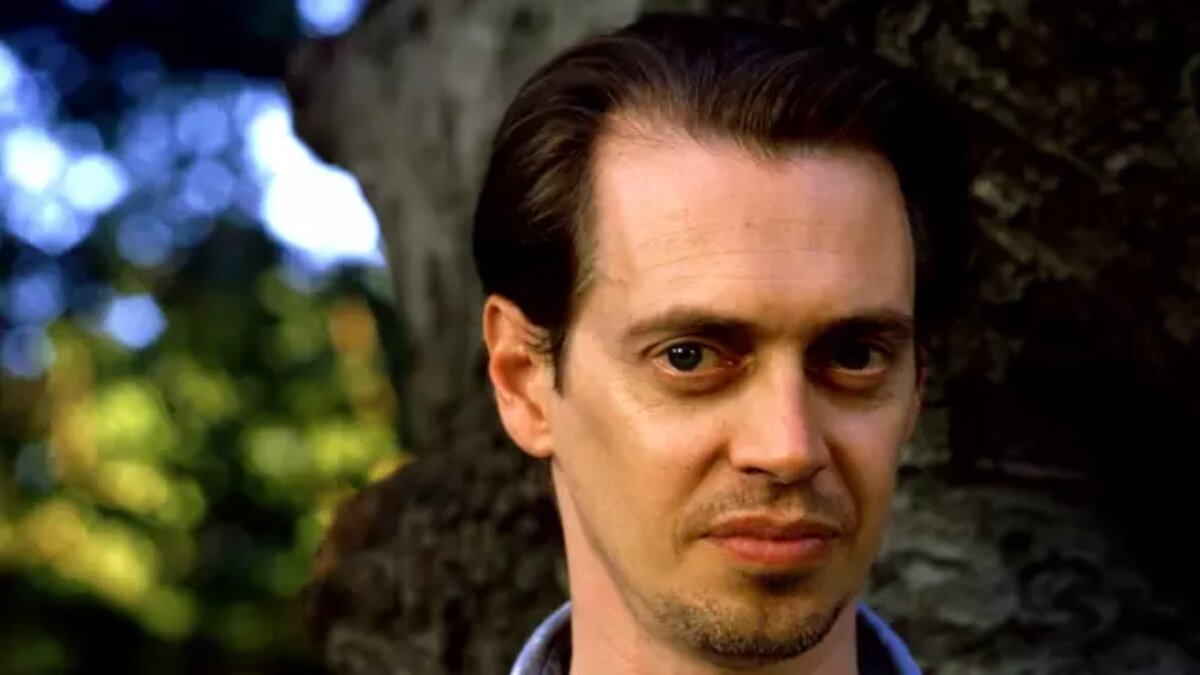On September 12, 2001, just one day after two hijacked American Airlines planes struck New York’s Twin Towers, Steve Buscemi—by then a rising Hollywood star—slipped quietly into Lower Manhattan. He wasn’t there to promote a film or give an interview. Instead, he picked up his old helmet and joined his former firehouse, working 12-hour shifts at Ground Zero in a desperate search for survivors.
Long before his breakout in Reservoir Dogs or his acclaimed turns in The Sopranos, Con Air, and Fargo, Buscemi had served as a New York City firefighter. From 1980 to 1984, he worked at FDNY’s Engine Company 55 in Little Italy, having joined the department at just 18 after passing the civil service exam. Even while secretly studying acting on the side, his years at the firehouse would shape his loyalty to the tight-knit brotherhood of the FDNY.
Though he left the job when Hollywood called, Buscemi never severed ties with his former colleagues. He attended reunions, supported union rallies, and even later produced the HBO documentary A Good Job: Stories of the FDNY, which shed light on the extraordinary risks and quiet sacrifices of firefighters.
But it was in the days after 9/11 that Buscemi’s bond to the department resurfaced most powerfully. Instead of issuing statements or leveraging fame for charity spotlights, he chose to go back to the work itself—unnoticed and undocumented.
According to a tribute shared by the “Brotherhood of Fire” Facebook page in 2013, Buscemi walked back into Engine 55 the day after the attacks and worked alongside his old crew:
“On September 12, 2001 and for several days following, Brother Steve worked 12-hour shifts alongside other firefighters digging and sifting through the rubble from the World Trade Center looking for survivors. Very few photographs and no interviews exist because he declined them. He wasn’t there for the publicity.”
Buscemi has since confirmed the account himself, recalling on Marc Maron’s WTF podcast how surreal those days were. Initially unable to reach his old firehouse by phone, he eventually showed up in person and asked if he could join the team.
“I could tell they were a little suspicious at first,” he admitted, “but I worked with them that day. It was a privilege to be able to do it.”
For five days, the actor labored through the wreckage alongside his fellow firefighters. He described the experience as both grounding and overwhelming: “It was great to connect with the firehouse I used to work with and with some of the guys I worked alongside. And it was enormously helpful for me, because while I was working, I didn’t really think about it as much, feel it as much.”
But once the search ended, the emotional weight began to sink in. Buscemi later revealed that he struggled with post-traumatic stress in the years that followed.
“I was only there for like five days,” he told Maron. “But when I stopped going and tried to just live my life again, it was really, really hard. There are times when I talk about 9/11 and I’m right back there. I start to get choked up and I realize, ‘Ah, this is still a big part of me.’”
More than two decades on, Buscemi remains known for his offbeat characters, his sharp performances, and his collaborations with auteurs like the Coen brothers. Yet, away from Hollywood, his story is also one of quiet, unsung heroism—of a man who, when his city needed him most, chose to put fame aside and step back into the smoke and rubble alongside his brothers in uniform.


